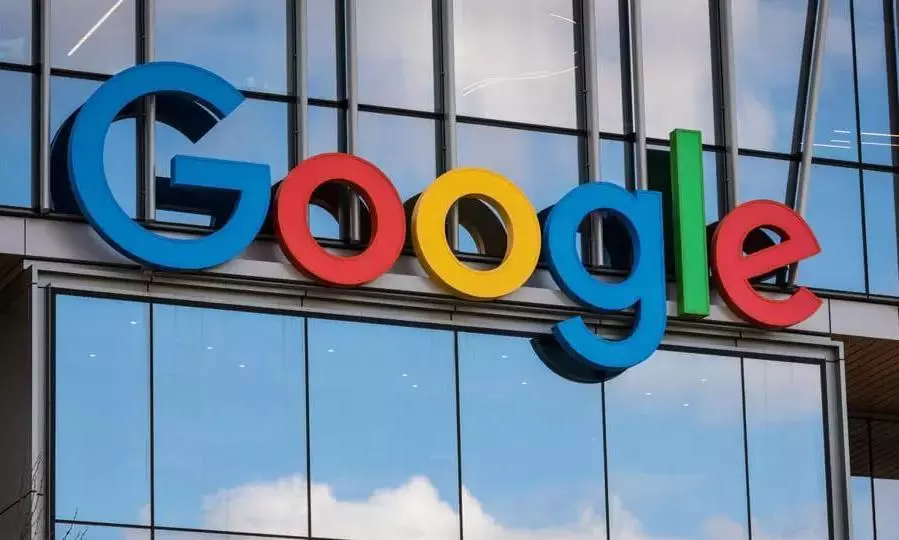
Google to create AI chatbot to narrate personal life stories through photos and search history
text_fieldsMountain View: Google is reportedly contemplating the creation of a new chatbot that can curate a user's life story by leveraging their photos and search history.
According to a recent report from CNBC, the tech giant is considering integrating large language models (LLMs) like the Gemini model - recently introduced by Google - into an upcoming AI initiative. Gemini is hailed as a competitor to OpenAI's GPT-4, with Google asserting its model's superior performance in certain benchmarks.
Citing internal documents, the CNBC report revealed that a Google AI team has proposed a novel AI-based technology, dubbed Project Ellman.
This technology would harness smartphone data, encompassing user photos and search activity, for consumption by an AI-powered chatbot. The project aims to provide responses to "previously impossible questions."
Rather than solely relying on photo pixels and metadata, Project Ellman seeks to discern patterns within a user's photos. It delves into the context surrounding the images, analysing memories preceding and succeeding the captured moments. The internal document envisions "Ellman Chat" as a platform that could potentially become "Your Life Story Teller."
Presently, Google accumulates user photos through its Google Photos backup and sync feature. However, the company has not specified if the data for this project will be sourced from Google Photos stored on its servers or processed directly on users' devices.
A Google spokesperson emphasised that the initiative remains an early internal exploration. The company would ensure any new features undergo a thorough assessment to ensure they prove beneficial to users, prioritising privacy and safety.
The status of Google's active development regarding the integration of this personalised AI chatbot using its Gemini AI models remains unclear. Although the company unveiled its new Gemini AI models recently, the most potent variant, Gemini Ultra, is anticipated for release next year.
Google claims its model surpasses OpenAI's GPT-4 in certain evaluation tests.






















